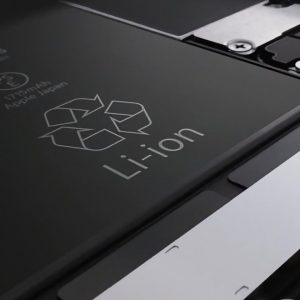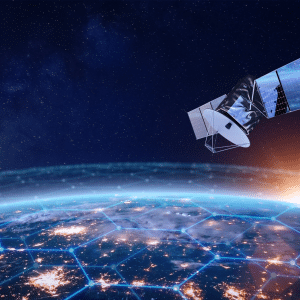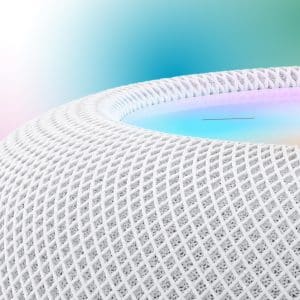Futurist and billionaire entrepreneur Elon Musk’s new venture is a brain chip called Neuralink that will have the potential to connect human brains directly to computers. According to a report in the Wall Street Journal, Neuralink will develop “neural lace” technology that will implant tiny brain electrodes and one day may enable us to download thoughts.
Is this one goal too far? An understanding of what is and isn’t currently possible in the field of neuroscience is necessary to determine exactly why Silicon Valley is currently investing a lot of time, money and effort into the development of cognitive enhancement. Musk isn’t the first person to attempt a feat such as this, the start up Kernel (the brainchild of the co-founder of Braintree Bryan Johnson) is also looking at ways that could improve human cognition through similar brain-computer interfaces.
Musk’s fear of an AI uprising has been highlighted many times in the past but people took note more recently when he referred to the prospect as “humanity’s biggest threat.” He believes that the nanobot brain implants in Neuralink would be a viable solution to prevent the rise up of machines against humans which he has compared to “summoning the demon” and “potentially more dangerous than nukes.” In the past, he has even joked about the idea that humanity is nothing but a simulation. “I think if we can effectively merge with AI by improving the neural link between the cortex and your digital extension of yourself, which already exists but just has a bandwidth issue, then effectively, you become an AI-human symbiote,” Musk stated last year. Essentially, his belief is that if we keep AI shackled primarily to humans, we will be able to control it more effectively to ultimately avoid such a catastrophic uprising.
It may sound outlandish, but Musk doesn’t stand alone in his beliefs. Google executive Ray Kurzweil has predicted that humans and AI will merge by 2045 in something he refers to as ‘The Singularity‘ and researchers at HRL Laboratories claim that soon a Matrix-like technology to feed knowledge directly into your brain could eventually be as easy as falling asleep. This would be done using a chip in our brain that could both improve our memory and give us the ability to perform complex tasks as well as allowing us to connect with other forms of internet infrastructure such as the cloud.
As it stands, this advancement is impossible but there are brain implants that contain multi-electrode arrays to reduce the effects of diseases such as Parkinson’s and epilepsy as well as other less complex devices to help people suffering from depression, eating disorders and Tourette’s. Compared to other mainstream forms of medication, however, these are still complicated and constantly in development due to the mere fact that operating on the brain is still an incredibly dangerous task. Even the most knowledgeable cognitive researchers still don’t have all of the answers when it comes to the way that our brain operates so to achieve his goal, Musk will first have to figure out a way to operate on the brain that is less invasive and therefore a lot less dangerous. It is unlikely that people will be signing up in the masses to volunteer for the Neuralink implant any time in the near future.












